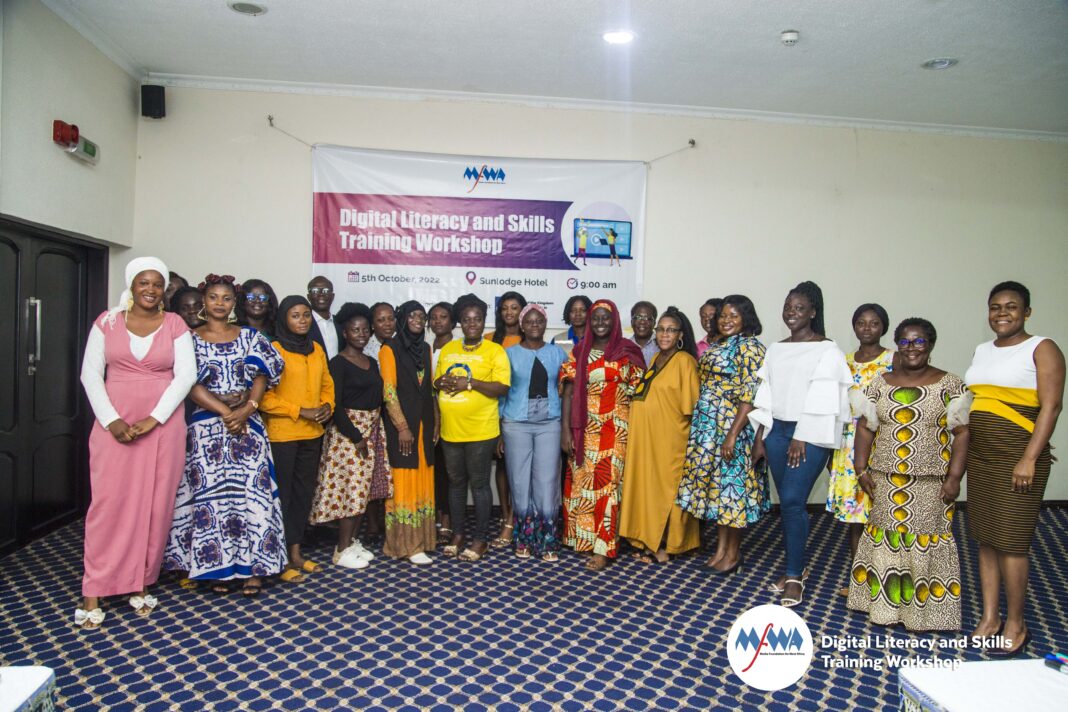On the occasion of International Women’s Day, the Media Foundation for West Africa (MFWA) celebrates all women across West Africa.
This year, the commemoration of international women’s day is running under the theme: ‘DIGITALL: innovation and technology for gender equality.’
It couldn’t have been more appropriate for the world to adopt a call to action that focuses on technology and digital innovation as the tools for effecting gender equality in 2023! This is because, in the current digital age, studies show that 60% of the global economy is digitized.
Today, many people are embracing smart ways of living, and digital tools are the most fit-for-purpose in the majority of life scenarios. It is, therefore, worrying that women continue to find themselves at the disadvantaged end of digital gender divide.
Research, including one by the Alliance for Affordable Internet (A4AI), a global coalition working to drive down the cost of internet access in low and middle-income countries, shows that there is a 30.4% average digital gender gap in which 52% of men more likely to be online than women in less developed countries.
Also, less than a third of women (29%) are likely to use the internet compared to men. To close the digital gender gap, there is a need to encourage more women to become digital citizens.
Governments, civil society organizations and women themselves have their roles to play to change the situation. However, a call for digital service providers to make their services more gender-sensitive cannot be over-emphasized.
The International Telecoms Union (ITU) prescribes that, ideally, no one should spend more than 2% of their monthly income on data. However, in low and middle-income countries where women are most vulnerable, the tendency is for people to spend more of their income on internet data.
According to the latest World Wide Data Pricing Report, sub-Saharan Africa hosts five out of the ten countries with the most expensive cost of data. High data cost is naturally prohibitive in general terms, but because of a persistent gender pay inequality, in the world, women tend to spend more of their money on data. And this is worst in low and middle-income countries.
To remove data cost as a barrier against women participating in the digital space, especially online, digital service providers should reduce data costs, especially in low and middle-income countries.
Also, women tend to stay away from digital platforms, especially on social media, because of digital abuses owing to lack of data protection and privacy. Already, the assessment of digital literacy among men and women in Africa is disproportionate against women. Service providers’ low protection of users’ data tend to put in harm’s way the few women on digital platforms, as they are the more vulnerable group on the internet.
In line with this year’s theme, Women themselves must also make efforts to not only consume digital products but also innovate, contribute to, and compete in the digital space. Women are therefore encouraged to learn and master the many emerging digital and technology creative tools and programmes.
Governments must invest in campaigns and programs to get more women to become digitally literate and skilful and CSOs must increase advocacy.





